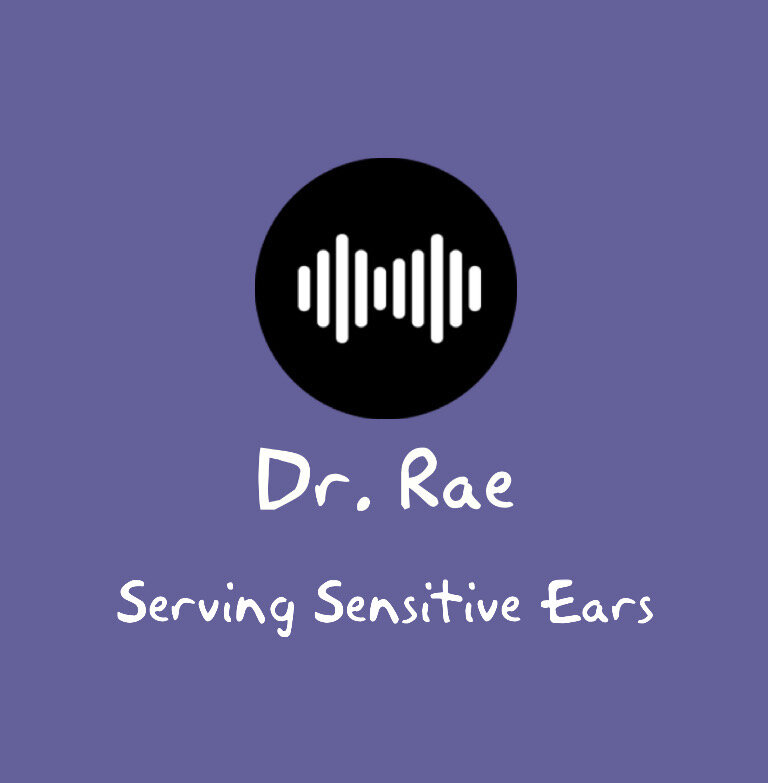Auditory Processing vs. Language Processing: A “Chicken and the Egg” Debate
As an audiologist, I must respectfully disagree with the idea that auditory processing is simply a subset of language processing.
Auditory processing goes far beyond language. It includes foundational abilities such as localizing where sounds come from in space, integrating input between both ears, detecting extremely brief gaps in sound, separating speech or relevant signals from background noise, and discriminating between frequencies or tonal patterns. It also involves auditory sequencing and memory for non-verbal sounds—such as tones or music—which may have nothing to do with language at all.
While many of these skills directly support language development, they do not arise from language processing—they are prerequisites. Auditory processing provides the upstream sensory input that allows downstream language systems to activate and function. Yes, a strong language base might help with something like auditory closure in older or more skilled users—but that still depends on having received and recognized the incoming sound in the first place.
This is not a chicken-and-egg debate. The chicken—auditory processing—came first. Without it, there’s no egg to analyze, decode, or comprehend.
